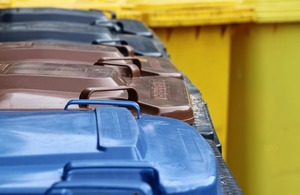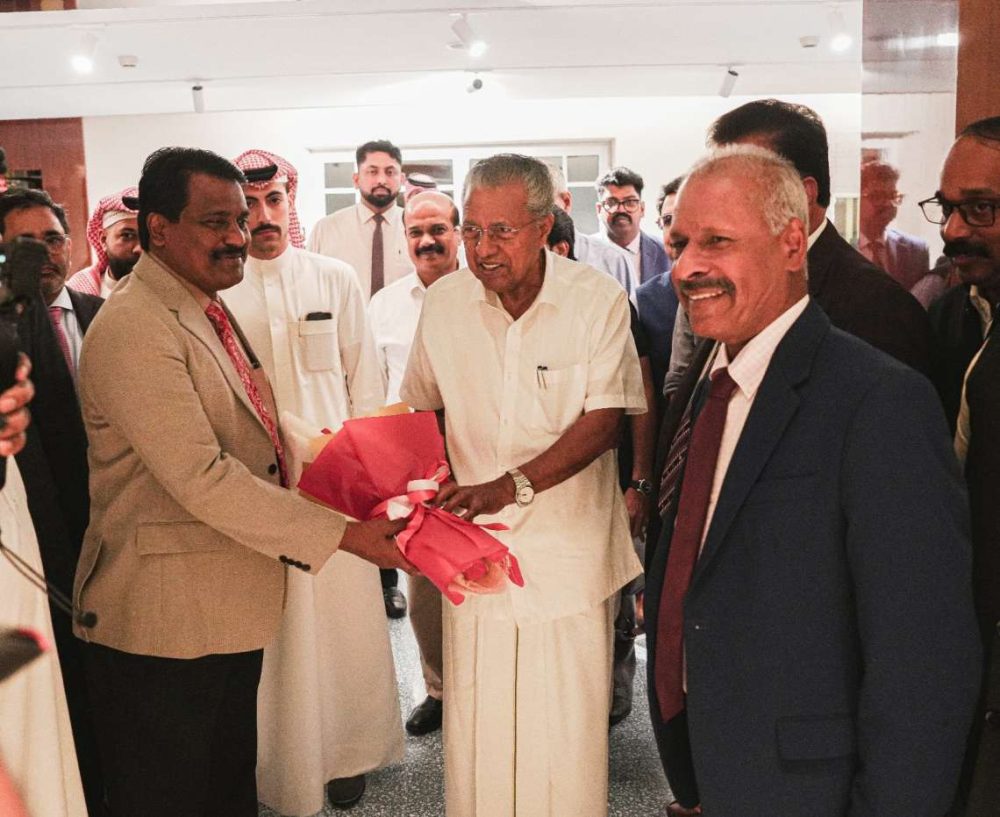Under the current system, local councils bear the brunt of the costs associated with disposing of household waste, including items like milk bottles, cereal boxes, and soup tins
Circular Economy Minister Mary Creagh revealed that every town and city in the UK will receive a significant boost to their recycling services, with over £1 billion allocated to improve critical infrastructure and collections. This move is part of the government’s ambitious Plan for Change, aimed at revolutionising waste management and promoting a circular economy.
Under the current system, local councils bear the brunt of the costs associated with disposing of household waste, including items like milk bottles, cereal boxes, and soup tins. Taxpayers have long subsidised these expenses, but the new Extended Producer Responsibility for Packaging (EPR) scheme will shift the financial burden to the businesses that produce packaging. This change is expected to encourage companies to reduce packaging, switch to more recyclable materials, and design products that are easier to recycle and reuse.
Mary Creagh, Circular Economy Minister, stated, “This government is cleaning up Britain and ending the throwaway society. Under the Plan for Change, we are pumping more than £1 billion into local recycling services. This will revolutionise how we deal with our waste and ensure more of today’s rubbish is recycled into tomorrow’s packaging.”
The EPR scheme will charge fees to businesses based on the type of packaging they use, with higher costs for materials that are difficult to recycle and lower costs for reusable or refillable packaging. This financial incentive is designed to drive businesses towards more sustainable practices, ultimately reducing the amount of waste sent to landfills and incinerators.
For the coming year, councils in England will receive £1.1 billion to enhance recycling services for residents. This funding can be used to streamline recycling collections, ensuring that more household waste is processed and recycled. Additionally, the funds can support the construction of new infrastructure or the upgrading of existing facilities, such as Veolia’s Integrated Waste Management Facility in Southwark, which processes materials collected from homes and sends them to be turned into new products.
Jim McMahon, Minister of State for Local Government and English Devolution, commented, “Clean and tidy streets are something everyone wants to see, and these common-sense reforms will help councils achieve that. Whether it’s channelling more money into recycling or reforming the outdated funding system, we are fixing the foundations of local government so that it can focus on what matters most to people across the country.”
Industry leaders have also welcomed the government’s initiative. Gavin Graveson, CEO of Veolia UK, said, “We welcome the Government’s progress on the crucial suite of legislation that will help raise recycling rates, decarbonise and incentivise domestic infrastructure investment. We look forward to supporting our local authority partners to invest in the essential services they provide to collect and recycle more materials, as well as supporting brands and producers to not only design for recyclability but also include recycled content in their products. That’s how we’ll build a world-leading, profitable and sustainable circular economy.”
Jacob Hayler, Executive Director of the Environmental Services Association, added, “Our members stand ready to invest billions, alongside local authority partners, in the next generation of recycling services, infrastructure and jobs, which will provide a rapid boost to England’s stalled recycling rates. The new producer responsibility regime for packaging, alongside other measures to simplify recycling services, will unlock this investment and support our ambition to achieve a circular economy in the United Kingdom over the next decade.”
The Food and Drink Federation’s Director of Corporate Affairs and Packaging, Jim Bligh, expressed his support, saying, “This announcement is welcome news for both industry and consumers, coming just before producers receive their first invoices for EPR. It marks a vital step towards delivering the improvements in the UK’s recycling system that we all want and need. With a £1.4 billion annual investment from packaging producers into EPR, we’re pleased to see the government’s commitment to ensuring these funds will be used to upgrade infrastructure and resurrect our flatlining recycling rates.”
Adam Hug, environment spokesperson for the Local Government Association, noted, “It’s positive to see the costs of managing packaging waste shift to the industry creating this waste. Councils are proud to run some of the best recycling services in the world, with high levels of public satisfaction despite significant financial pressures. This success is built on council’s local knowledge and strong links with communities, and we hope the new scheme will support that work and help reduce the amount of packaging ending up in household bins.”














